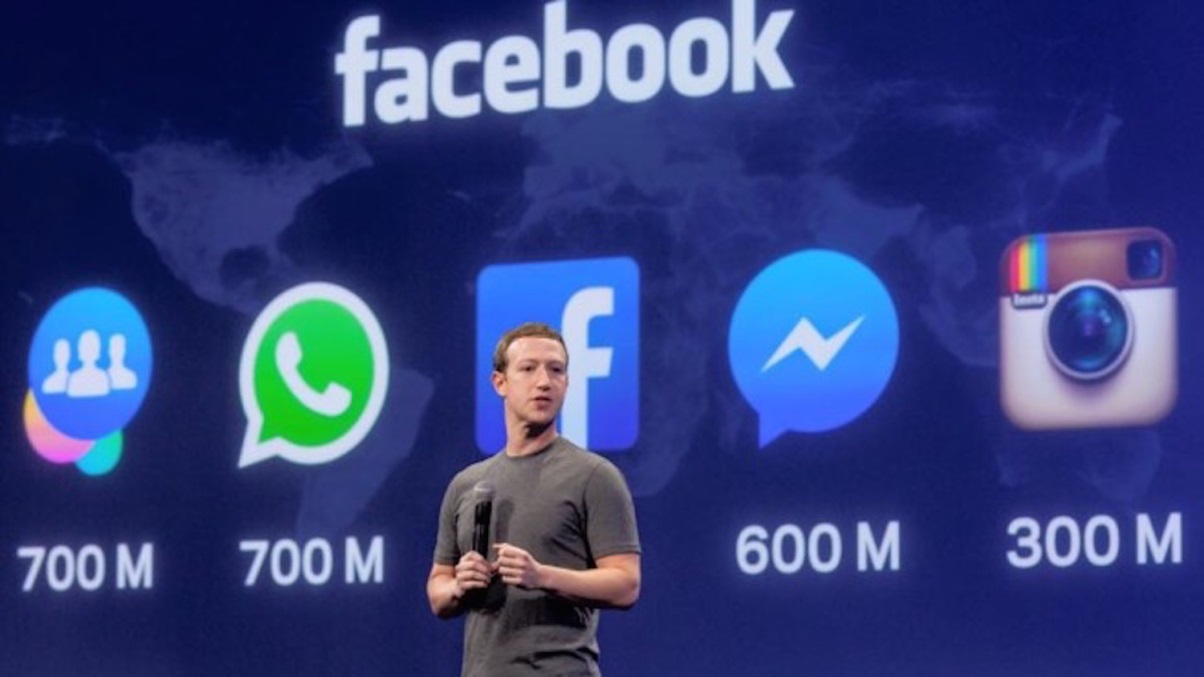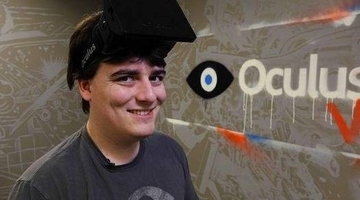The most intriguing thing about WhatsApp could be the way in which it is creating billionaires. The humble messaging app has already turned two obscure engineers from Silicon Valley into billionaires, and it is greatly bolstering the fortune of Facebook founder Mark Zuckerberg.
The ability of Facebook and WhatsApp to make people rich is now so pronounced that a number of financial journalists are writing about what Forbes writer Jennifer Wang has labeled “The Facebook Effect.” In a recent article, Wang noted that eight of the richest American entrepreneurs under the age of 40 have close connections to Facebook.
Meet the WhatsApp Billionaires
At least two of them, Jan Koum and Brian Acton, made their money directly from WhatsApp. The two are the engineers who created the app in 2009, built it into a global communications platform, and sold it to Facebook for $22 billion in stock and cash in February 2014.

Jan Koum, who is now worth $8.7 billion, is definitely living the American dream. He grew up in the Ukraine in a home with no electricity or running water and suffered persecution under the Soviet Union. After coming to the U.S. at age 16, Koum swept floors at a grocery store, and his family went on food stamps in order to eat. Koum is a college dropout who worked at Yahoo for nine years.
The man who once swept floors now serves on Facebook’s board of directors. He is also a philanthropist who donated $555 million in Facebook shares to the Silicon Valley Foundation in October 2014. Koum is also one of America’s most eligible bachelors, according to Forbes.
Koum, who is of Jewish heritage, is an outspoken supporter of Israel and a critic of antisemitism. He made a social media stir in November 2015 when he sent this message to the owner of an Apple laptop covered with “Boycott Israeli Goods Stickers” and a note attacking Apple for using Israeli technology.
“Hi there! Just thought you should know the flash-storage inside this computer was designed and built by Anobit, an Israeli technology company! If you don’t want it any more, please pass it to the desk behind you,” Koum wrote.
Facebook Paid $3.3 Billion to the Man It Would Not Hire
Koum’s partner in establishing WhatsApp was Brian Acton, a computer engineer who, ironically enough, was turned down when he applied for a job at Facebook in 2009. Just five years later, the same company paid Acton $3 billion in stock and cash for his share of WhatsApp.

Brian Acton was the first investor and cofounder of WhatsApp. He also tapped a surprising source of business expertise when they set up the company. Acton’s mother, who also ran a freight-shipping company, reportedly did the payroll and helped set up the company. Like Koum, Acton is now part of the legendary Forbes 400—the 400 richest people in the United States; he’s worth $4.4 billion.
Unlike Koum, Acton, who lives in Palo Alto, California, is married and has one child. He is also well known for his hatred of advertising and commercialism.
A Few More Social Media Billionaires
Like railroads in the 19th century, computers in the 1980s, and the Internet in the 1990s, social media is making billionaires. The epicenter of the gold rush is Facebook, which has been among the most successful companies in history.
Founder Mark Zuckerberg is now worth around $47.1 billion. Most of that money comes from Facebook’s stock, which increased in value by 40% over the past year. Interestingly enough, Forbes attributed that increase to WhatsApp and Jan Koum, noting that it occurred after Facebook took a gamble and bought WhatsApp.

Two other beneficiaries of WhatsApp are Facebook cofounders David Moskovitz and Chris Hughes. The two are former Harvard College classmates of Zuckerberg who helped him form a website called the Facebook. The site was originally based in Moskovitz and Zuckerberg’s dorm room at Harvard.
Moskovitz is now worth $9.7 billion because of Facebook, and Chris Hughes netted $400 million. Since leaving Facebook, Hughes worked on President Obama’s successful election campaign in 2008 and bought the magazine The New Republic.
Also raking in some cash is Napster creator Sean Parker, who served as Facebook’s first president. Even though Parker has not worked at the social network for 10 years, he still raked in $2.5 billion in stock profits.
Two other billionaires that Zuckerberg helped make were Evan Spiegel and Brian Murphy, the founders of Snapchat. Zuckerberg offered them $3 billion for their app in 2013. The former fraternity brothers from Stanford University turned Zuckerberg down and went their own way; their company is now worth $16 billion.
How Facebook Turns Nerds into Very Rich Guys
There are at least two other major players in Silicon Valley that have major ties to Facebook. Matt Cohler, who served as Facebook’s first vice president of product management, is now a venture capitalist worth $700 million. His investments include Dropbox, Quora, and Instagram. Former Facebook Chief Technology Officer Adam D’Angelo founded Quora. Quora is now worth $900 million, and D’Angelo is worth $600 million, according to Forbes.

Finally, there’s Palmer Luckey, the video gamer who used Kickstarter to raise the money to start his virtual reality headset company Oculus. In July 2014 Facebook paid Luckey, who was just 21, $2.3 billion for Oculus. Luckey is now worth $700 million, but he still wears Hawaiian shirts and flip flops to the office. At Facebook, Luckey is developing a new generation of video and video game technology.
It looks as if Facebook and WhatsApp are now the places to go if you want to be very rich. The humble messaging app and the simple social network have become two of Silicon Valley’s hottest and most successful money machines. Those associated with them are raking in the cash.
One has to wonder how many other billionaires WhatsApp and Facebook will create. Will those people be located in Silicon Valley or perhaps elsewhere, such as India or even Africa? Since WhatsApp is now a platform that connects the entire world, it will facilitate international trade and communication, which will generate fantastic new fortunes in the future to rival those it has already created.
